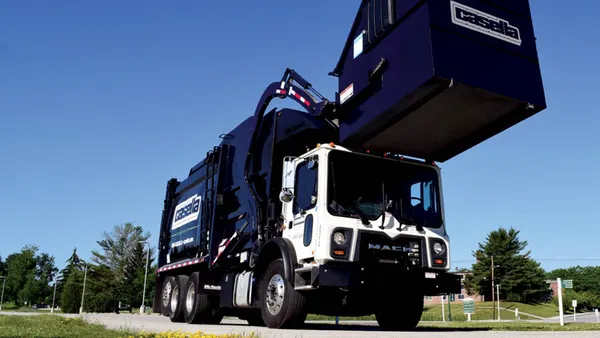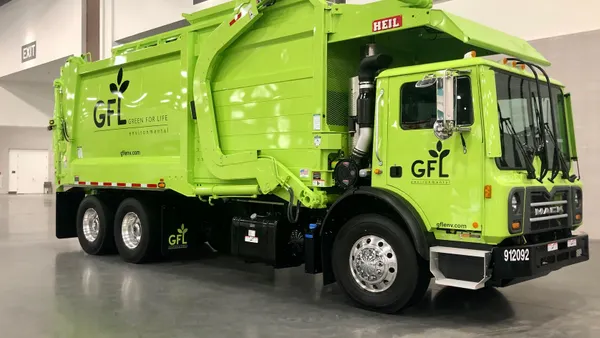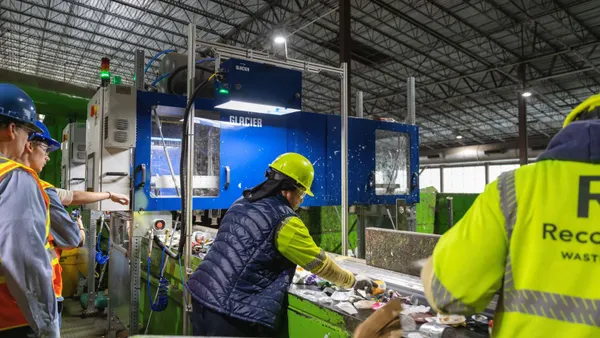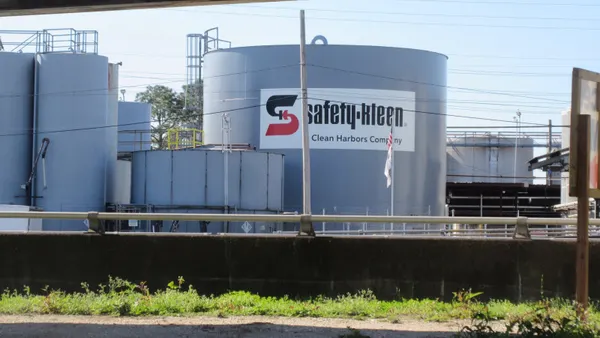Dive Brief:
- China will require producers of electric vehicles to be responsible for establishing facilities to collect and recycle old batteries, as reported by Reuters. The rules are a part of China's efforts to crack down on e-waste.
- The industry ministry set up "interim" rules requiring manufacturers to establish supply chains for recycling and set up service outlets where old batteries can be collected, stored and transferred to specialist recyclers. They must also establish a network for consumers to conveniently repair or exchange batteries.
- The extended responsibility also includes developing ways to track who discarded batteries belonged to, and providing technical training for car makers to store and dismantle spent batteries.
Dive Insight:
These newly introduced rules are a type of extended producer responsibility (EPR), a concept that's already in play in states across the U.S. Some states, including Florida, Maryland, California and New York, already require producers to offer or fund battery recycling. The Association of Battery Recyclers claims a 99% diversion rate of lead batteries (which are not the same as the lithium batteries China is acting on).
The efficacy of EPR for some streams — consumer packaging, for example — is an ongoing debate in the industry, and recent domestic moves include a task force in Connecticut shying away from the idea of EPR for packaging.
On the other hand, EPR systems in Canada have helped some provinces weather shifting recycling markets better than others, as EPR has encouraged domestic recycling processing. While not a direct replication, China placing the onus on car manufacturers to facilitate battery recycling could go a long way to improve the diversion rate of lithium batteries in the country.
China has been ramping up its manufacturing of lithium batteries for years, with expectations that the country will produce around 170,000 metric tons of the material in 2018. China hopes the move will help protect its environment, the same motivation the country has attributed its import restrictions to.
This ties in, of course, with China's broader goals of environmental preservation, including limits on imported waste, and an effort to further boost domestic manufacturing and processing.
There could also be a safety benefit. Lithium batteries in standard waste streams can put haulers and MRFs in danger of fire or, in some cases, explosion. EPR could make it less likely that batteries enter the waste stream, protecting haulers, collectors and sorters.











